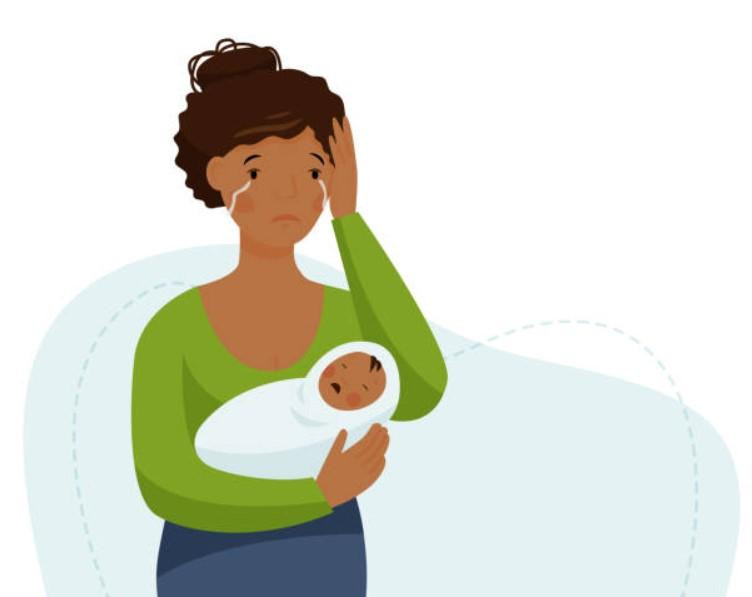When will postpartum depression go away?
Postpartum depression is a serious mental health condition that can occur after giving birth. The duration of postpartum depression can vary from person to person. Without intervention, it can last for months or even years.
However, effective treatment is available, and with the right support and treatment, postpartum depression can improve and eventually go away
It is important to note that postpartum depression should not be ignored or left untreated. If you or someone you know is experiencing symptoms of postpartum depression, it is recommended to seek help from a healthcare professional. Treatment options such as therapy or medication can be effective in managing postpartum depression and promoting overall well-being.
Remember, every individual's experience with postpartum depression is unique, and the duration of the condition can vary. It is crucial to reach out for support and treatment to ensure the best possible outcome for both the mother and the baby.
What are common signs of postpartum depression?
Common Signs of Postpartum Depression
Postpartum depression is a condition that can affect new mothers after giving birth. It is important to be aware of the signs and symptoms so that appropriate support and treatment can be sought. Here are some common signs of postpartum depression:
- Persistent sadness or low mood: Feeling down, hopeless, or overwhelmed for an extended period of time.
- Loss of interest or pleasure: Losing interest in activities that were once enjoyable.
- Fatigue or loss of energy: Feeling constantly tired or lacking energy, even after getting enough rest.
- Changes in appetite: Significant changes in appetite, such as overeating or loss of appetite.
- Sleep disturbances: Experiencing difficulties with sleep, such as insomnia or excessive sleeping.
- Irritability or agitation: Feeling easily irritated, restless, or on edge.
- Difficulty bonding with the baby: Having trouble forming a strong emotional connection with the newborn.
- Feelings of guilt or worthlessness: Experiencing excessive guilt or feelings of inadequacy as a parent.
- Difficulty concentrating or making decisions: Having trouble focusing, making decisions, or remembering things.
- Thoughts of self-harm or harming the baby: Having thoughts of self-harm or harming the baby. These are serious symptoms that require immediate attention.
It's important to note that experiencing some of these symptoms does not necessarily mean a person has postpartum depression. However, if these symptoms persist and interfere with daily functioning, it is recommended to seek help from a healthcare professional.
If you or someone you know is experiencing postpartum depression, remember that there is support available. Healthcare providers can offer various treatment options, including therapy, medication, and support groups, to help manage and overcome postpartum depression. Seeking help is a sign of strength and can lead to improved well-being for both the mother and the baby.

